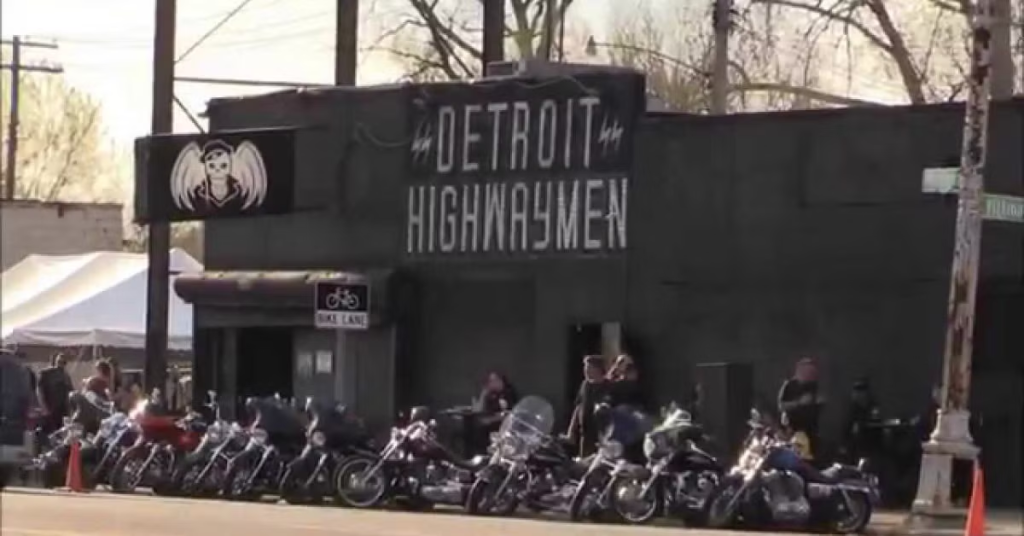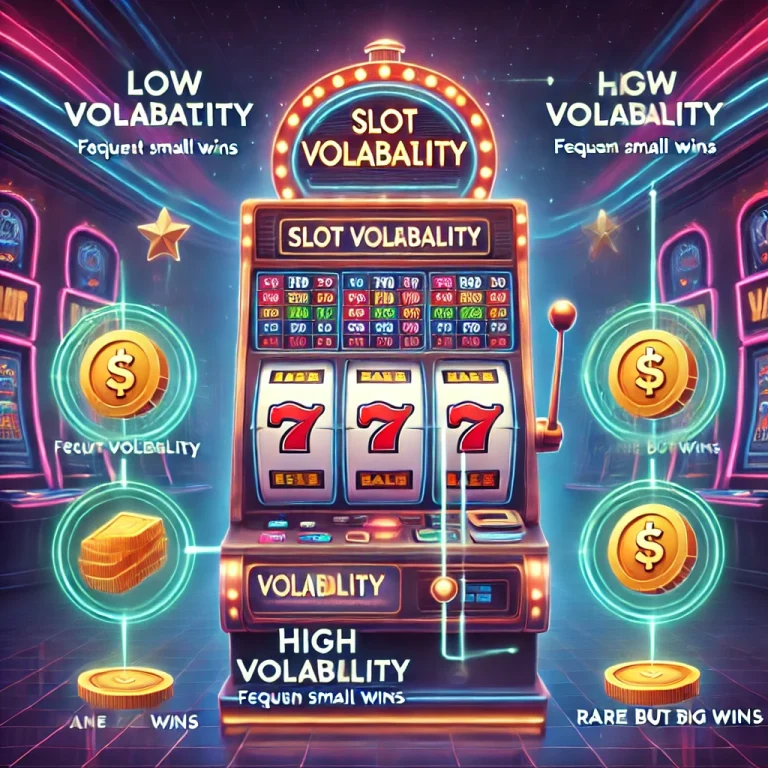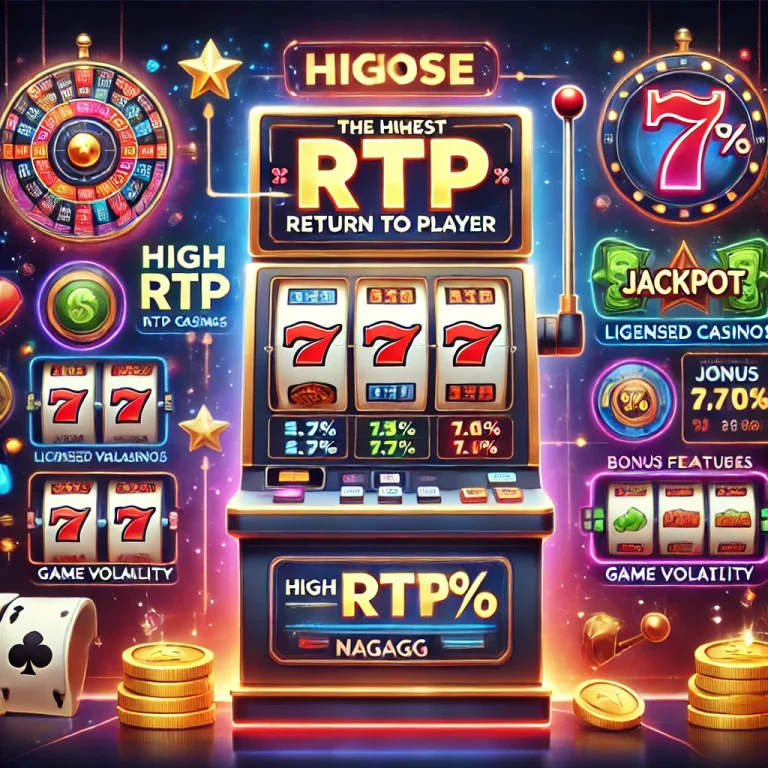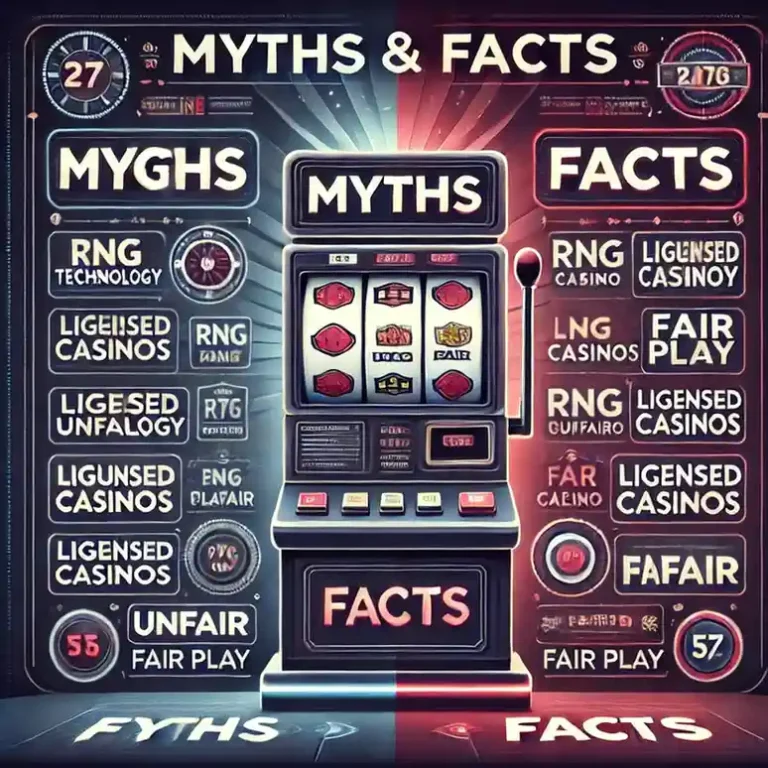The Highwaymen Motorcycle Club, founded in the 1950s in Detroit, stands as one of the most prominent motorcycle clubs in the Midwest. Despite being smaller in size compared to giants like the Outlaws and Hells Angels, the Highwaymen have made a significant impact in the motorcycle world and beyond. Known for their resilience and defiance, they remain a notable force in Detroit’s Motor City and other regions of the United States.

History of the Highwaymen Motorcycle Club
The Highwaymen were established in Detroit during the 1950s, a time when motorcycle clubs were gaining popularity as symbols of freedom and rebellion. The club quickly became a brotherhood for riders who shared a passion for motorcycles and a desire for camaraderie.
Symbol and Identity
The Highwaymen’s patch features a skeleton riding a motorcycle with a pair of wings. This emblem represents their motto of freedom, loyalty, and independence on the open road.
Territory and Membership
The Highwaymen Motorcycle Club is headquartered in Detroit, Michigan, but their influence extends beyond the city.
Territory
While Detroit remains their stronghold, the Highwaymen have chapters scattered across the Midwest and parts of the Southern United States.
Membership
With more than 300 members, the Highwaymen are considered a medium-sized club. Although smaller than major clubs like the Hells Angels, their reputation in Detroit and surrounding areas is significant.
Challenges and Controversies
Like many motorcycle clubs, the Highwaymen have faced scrutiny over the years.
Major Investigations
The club has been the subject of several high-profile investigations, including:
- 2007 Operation: This large-scale federal operation led to the arrest of 40 members and associates. Charges included racketeering, drug trafficking, and even police corruption.
- Leader Sentenced: The gang’s leader, Aref “Scarface” Nagi, was sentenced to 37 years in prison as part of the 2007 investigation.
These incidents added to the club’s notoriety but also showcased their resilience as they continued to operate despite these challenges.
The Highwaymen vs. Larger Clubs
Compared to larger motorcycle clubs like the Outlaws Motorcycle Club or Hells Angels, the Highwaymen operate on a smaller scale. However, they remain influential in their territory, particularly in Detroit. Their presence is a reminder of the strength and loyalty found in tightly knit groups, even when up against larger organizations.
Legacy of the Highwaymen Motorcycle Club
Despite controversies, the Highwaymen Motorcycle Club remains an integral part of Detroit’s motorcycle culture. Their history is a testament to the club’s ability to endure challenges while maintaining their identity and sense of brotherhood.
Conclusion
The Highwaymen Motorcycle Club continues to be a force in motorcycle culture, particularly in Detroit and the Midwest. While their size may not rival that of the Hells Angels or Outlaws, their impact and influence are undeniable. From their beginnings in the 1950s to their enduring presence today, the Highwaymen represent the resilience and spirit of motorcycle clubs.
For more insights into motorcycle culture, explore related articles on clubs like the Outlaws Motorcycle Club or the Hells Angels, which share similar histories of influence and resilience.



